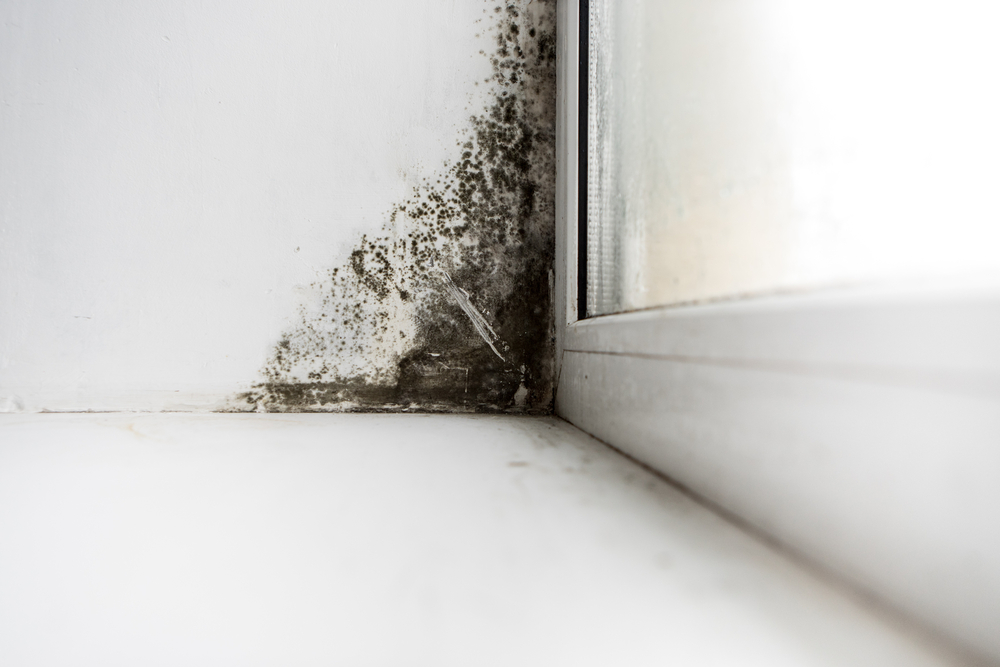
What is Black Mold?
Black mold, also known as Stachybotrys chartarum, is a toxic mold species that thrives in damp, humid environments. It often appears after water damage and can grow on materials like wood, drywall, and carpeting. Known for producing harmful mycotoxins, black mold has a reputation for causing a range of health issues, particularly respiratory problems.
Can Black Mold Cause Pneumonia?
While black mold itself does not directly cause pneumonia, prolonged exposure to its spores can weaken your immune system and aggravate pre-existing respiratory conditions, making it easier to develop infections, including pneumonia. Pneumonia is an infection of the lungs, often caused by bacteria or viruses, but mold exposure can increase your vulnerability to these infections.
The American Lung Association warns that mold exposure, including black mold, can lead to respiratory problems such as coughing, wheezing, and shortness of breath. For people with weakened immune systems, asthma, or chronic lung conditions, mold can exacerbate these symptoms and lead to more serious health issues, including infections that might develop into pneumonia.
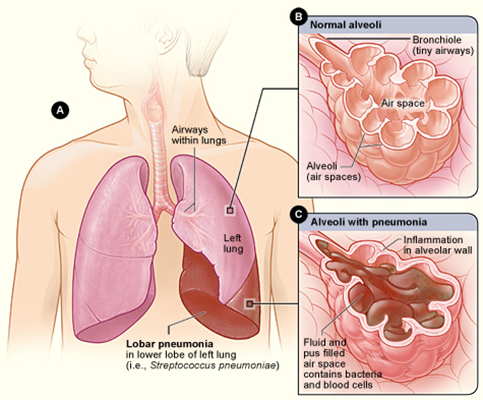
Symptoms of Black Mold Exposure
Black mold exposure can cause a range of symptoms that may affect your respiratory system, particularly in sensitive individuals or those exposed for extended periods. Symptoms of black mold exposure include:
- Chronic coughing or sneezing
- Eye irritation
- Throat irritation
- Wheezing or difficulty breathing
- Fatigue
- Skin irritation
In severe cases, prolonged exposure can result in more significant health risks, such as infections or respiratory complications. While not all mold exposure will lead to pneumonia, it can worsen conditions that make pneumonia more likely, particularly in vulnerable individuals.
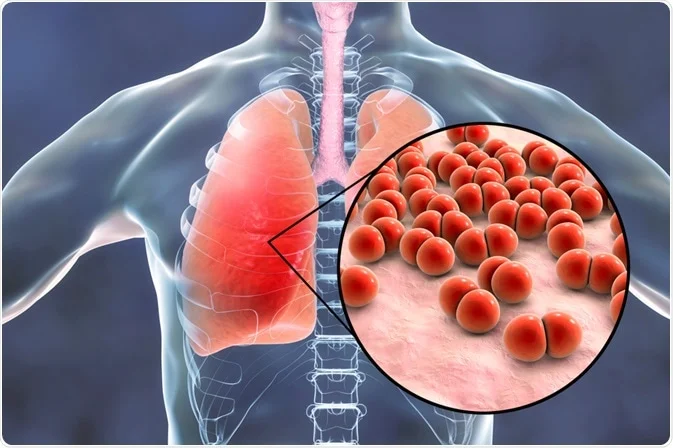
Who is Most at Risk?
Certain groups are more susceptible to developing health complications, including pneumonia, after exposure to black mold. These groups include:
- Infants and young children
- Older adults
- Individuals with pre-existing respiratory conditions, such as asthma or COPD
- People with weakened immune systems due to illness or medications
- People with chronic allergies
If you or a loved one falls into one of these categories, taking steps to minimize mold exposure is crucial to preventing potential health issues, including pneumonia.
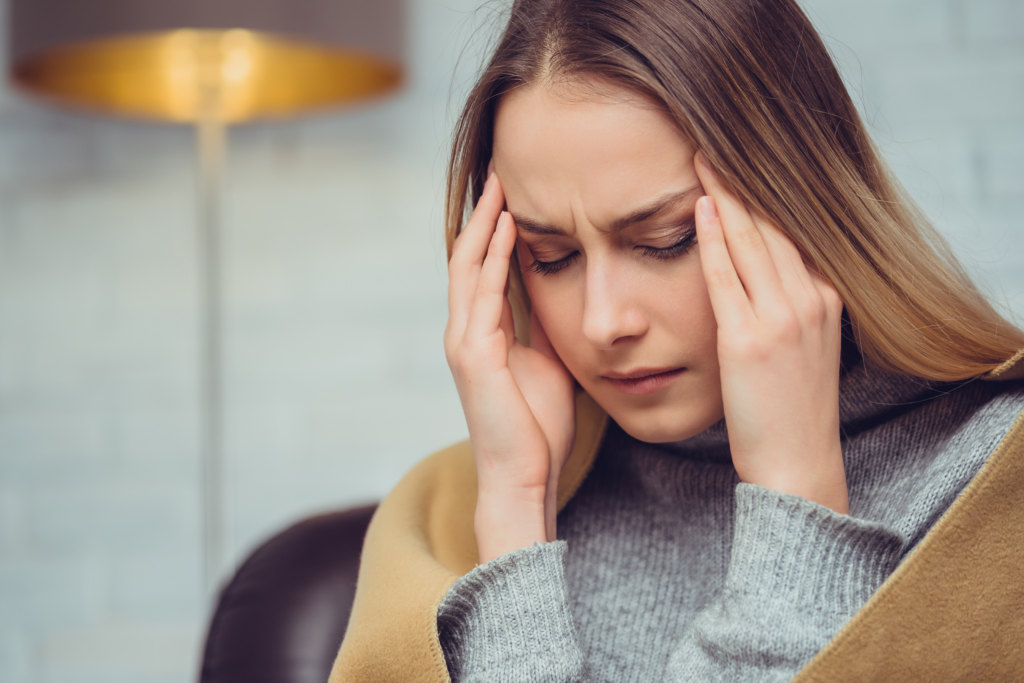
How to Prevent Mold Growth and Protect Your Health
To prevent mold from becoming a health hazard in your home, especially after water damage, follow these essential steps:
- Remove standing water immediately: Mold thrives in moist environments, so it’s critical to eliminate any water accumulation after leaks or flooding.
- Dry out affected areas: Use fans and dehumidifiers to ensure that all moisture is removed from carpets, walls, and other surfaces.
- Ventilate your home: Good air circulation helps reduce humidity levels. Use exhaust fans in bathrooms and kitchens and consider using a dehumidifier in damp areas like basements.
- Regularly inspect for mold: Conduct frequent inspections, especially in areas prone to moisture, such as bathrooms, basements, and around windows.
- Hire professional mold remediation services: If mold growth is significant, or if you’re concerned about black mold, contact a professional for a thorough mold inspection and remediation.
Following these tips will help reduce your risk of black mold exposure and the associated health problems.
When to Call a Professional Mold Inspector
If you suspect black mold growth in your home or if you’ve recently experienced water damage, it’s crucial to have a professional mold inspection. Mold can grow in hidden areas, such as behind walls or under flooring, making it difficult to detect. A professional will assess the extent of the problem and offer remediation solutions to ensure your home is safe.
Learn more about our mold inspection services and how we can help protect your home and health.
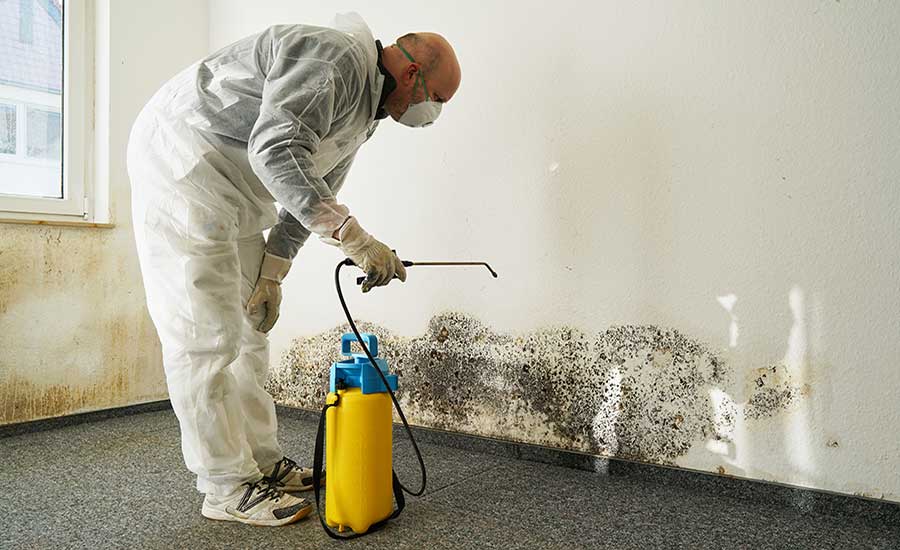
FAQ
- Can black mold make you sick?
- Yes, black mold can cause a range of health issues, especially respiratory problems. Prolonged exposure can lead to symptoms such as coughing, wheezing, and even trigger asthma attacks in sensitive individuals.
- Is pneumonia caused by mold exposure?
- While mold exposure doesn’t directly cause pneumonia, it can weaken the immune system and increase the risk of lung infections, particularly in those with pre-existing conditions.
- What should I do if I find black mold in my home?
- If you discover black mold in your home, it’s essential to act quickly. Remove any water sources, dry out the affected area, and contact a professional mold inspector to assess and remove the mold safely.
Don’t wait until mold affects your health—contact us today for expert mold inspection and remediation services.

